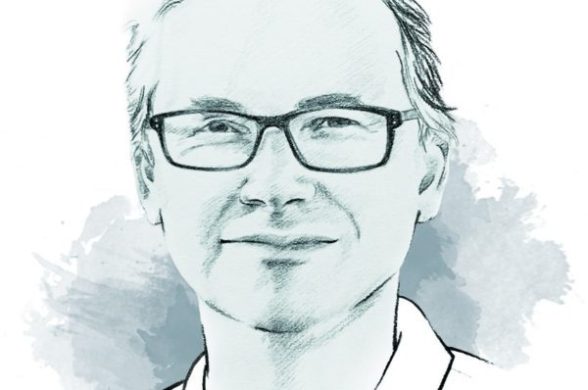A blend of Buddhism and neuroscience provides a possible antidote to management failure
There is an extraordinary disconnect between business leaders’ view of themselves and how others see them. In 2016, McKinsey, a worldwide consulting firm, conducted a survey of 52,000 managers. While 86% rated themselves as inspiring managers and good role models, the same survey found that 82% of their employees saw their leaders as fundamentally uninspiring. These findings have been mirrored by numerous other studies in recent years. The quality of business leadership is dire.
Hougaard and Carter, the authors of The Mind of the Leader, believe they have a solution. They consider that employees are seeking more meaning, happiness and connectedness in their work – and it is in the interest of leaders to make this possible in order to have an engaged and productive workforce.The authors’ thesis is that three qualities need to be cultivated to become better leaders: mindfulness, selflessness and compassion – and that neuroscience suggests that these can be learned, practised and enhanced. Moreover these can be applied at three levels: to understand and lead yourself, your people, and your organization. Selflessness is the combination of self-confidence and service towards the organization and its people. Compassion is the quality of having positive intentions towards others. It is ‘tougher’ than empathy because it recognizes that being sympathetic is not sufficient; to be effective, it must be combined with wisdom and realism. In other words, this book blends a sort of secularized version of Buddhism with neuroscience, which is then applied to the business world.
The book is strongest on mindfulness. Working life has become increasingly pressurized and distracting. The relentless pace of global competition, together with an ‘always on’ working culture facilitated by smartphones, has made it harder for people to find the mental space to make good decisions consistently. The authors recommend meditation techniques to survive the working day. They also point out that simple things – such as getting enough sleep – is critical (and may help ward off Alzheimer’s disease). Open-plan offices are hardly conducive to good steady thinking and focusing. Providing ‘quiet rooms’ and home-working may help.
The authors make a sensible case that leaders need to become less selfish and overbearing if they wish their employees to engage more. Also, leaders have a responsibility to ensure their organizations value their people and behave with compassion. There is a clear link with equality – excessive executive pay undermines people’s instinctive sense of fairness. Meanwhile, promoting diversity is good for deepening the pool of available talent. But this is hardly news –management guru Peter Drucker made these points many years ago. The problem – as Hougaard and Carter acknowledge – is that in most cases the incentives for business leaders to behave selfishly are too powerful.
A word of caution. Hougaard and Carter specialize in mindfulness. This book is based on their practice and they produce empirical evidence that their approach can work. They also claim that it is validated by science. Certainly, the authors worked with the neuroscientist Hans Melo to ensure the science quoted in the book was presented accurately. But there is more to be taken into account than the functioning of the brain – psychology is also relevant. Indeed, as recently as 2017, Scientific American reported that 15 prominent psychologists and cognitive scientists warned that the scientific data on the benefits of mindfulness is woefully lacking. Yet this book is a passionate plea for a more humane approach to business leadership and employee relations. And there is much to be said for that.

